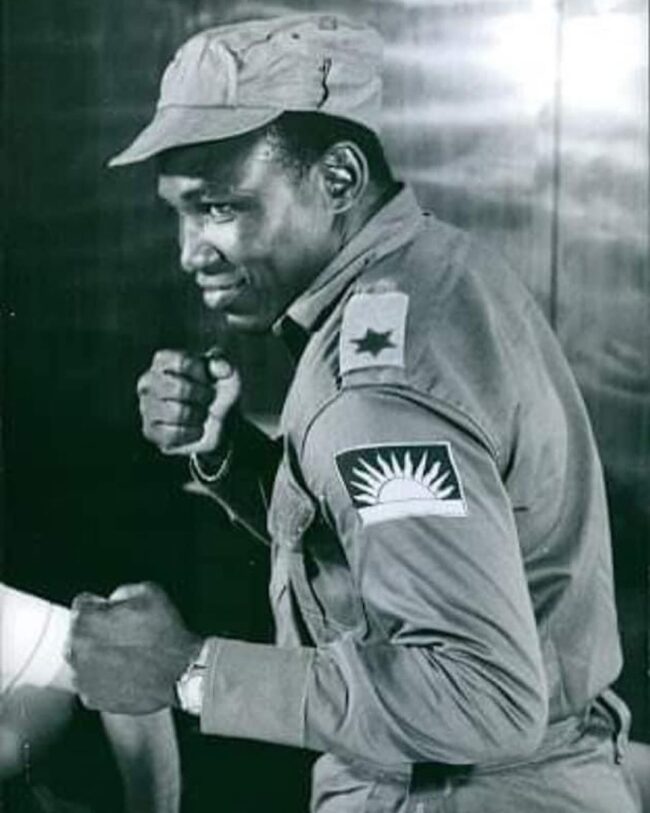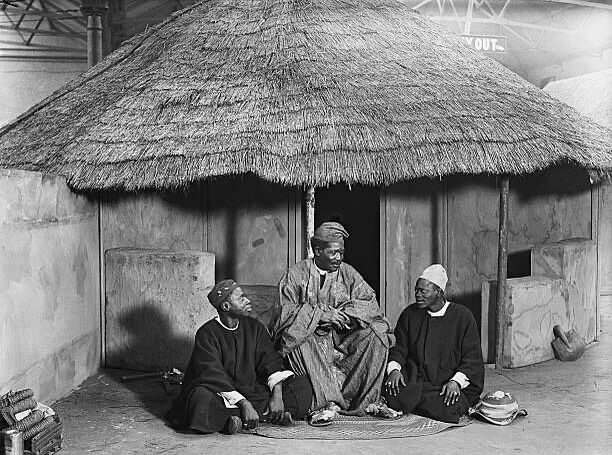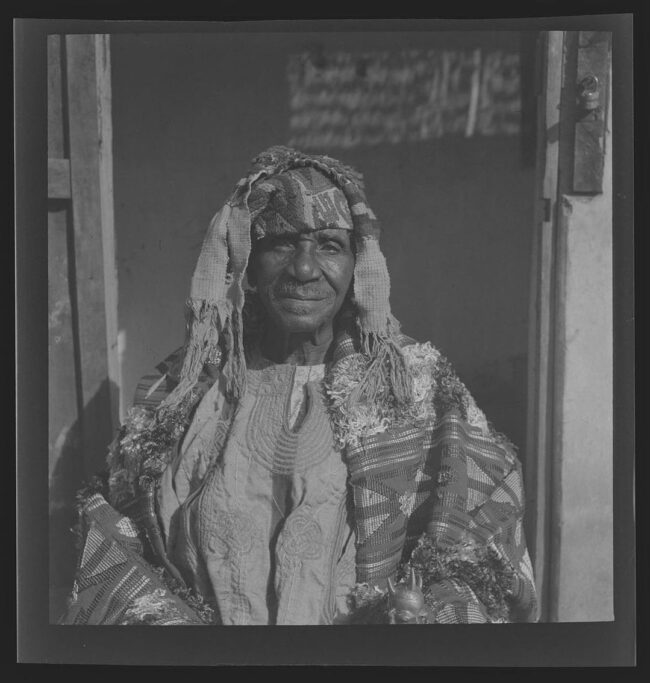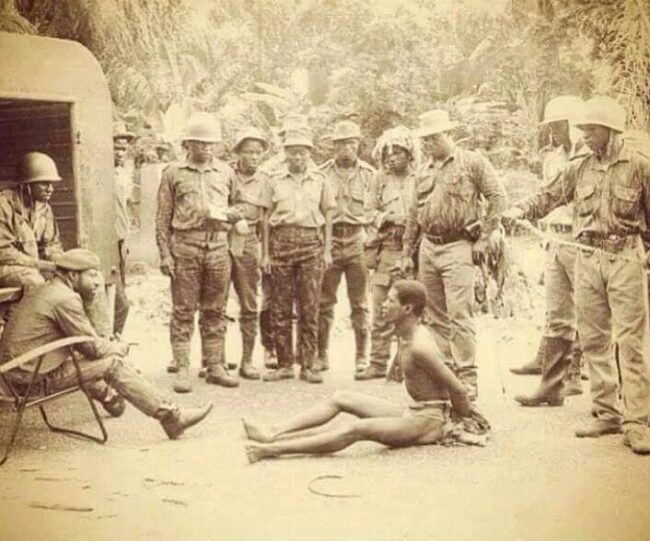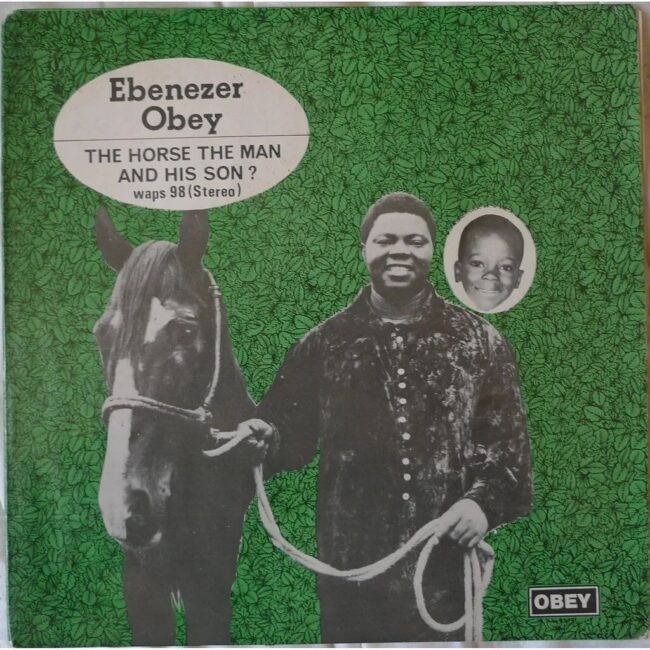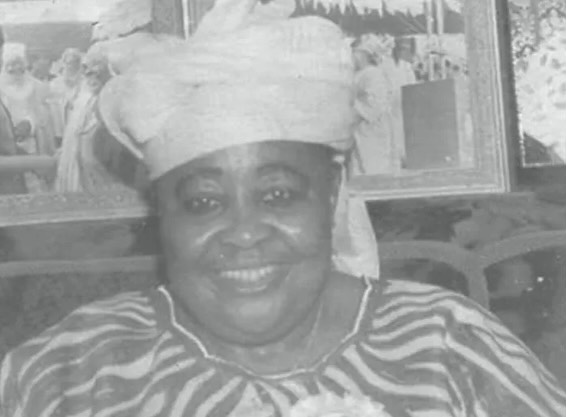Betrayal From A Frenemy: “General John Togo of the Niger-Delta liberty Force (NDLF) Betrayed by his Community and Brother, Who Turned Him Up to the Authorities in Exchange For Money.
From the early 2000s until 2011, “General” John Togo of the Niger-Delta liberty Force (NDLF) devoted his life to the cause of his people’s freedom and liberty. In spite of his courage, he was eventually betrayed by his community and brother, who turned him up to the authorities in exchange for money. Due to oil, it’s possible that not many Southwest Nigerians were aware of the valiant General John Togo, either during his lifetime or following his untimely death at the hands of the government. We tell his narrative today in order to gain a deeper understanding of our beloved nation’s past. Names like Tompolo Ebikabowei, Victor-Ben, Godswill Tamuno, Ateke Tom, Soboma George, Brutus Ebipadei, Solomon Ndigbara, and Tubotamuno Angolia have been mentioned in the history of militant leaders in the Niger Delta. But in the Niger Delta’s history, the name John Togo stands out in a special way. John Togo, John Togo, John Togo—a guy of extraordinary courage who fought to the death against the Nigerian army. He is referred to be a hero by some, a pirate by others; a killer by others, a vicious militant by others, or a freedom fighter by others. I saw him as a man who battled for his people and wanted the best for them, but he was eventually betrayed by them. A real-life tale. The Nigerian government made two unsuccessful attempts to kill him. He wasn’t bombed or shot by the Joint Task Force (JTF) until the third attempt, when his brothers told the Fulanis where he was in the deep creek. In Nigeria’s Niger Delta, there is a militant organization called the Niger Delta Liberation Front (NDLF). According to John Togo, the group’s former commander, its primary objective is to break away from Nigeria and become independent. John Togo, the group’s leader, is well-known throughout Nigeria for being a valiant soldier. Even though Togo is the most well-known member of the NDLF.On July 19, 2011, a Nigerian airstrike near Warri in Delta State killed him. The gang fights with the Nigerian Army and has strong ties to the Movement for the Emancipation of the Niger Delta. War broke out inside the NDLF in early 2013 as two commanders claimed leadership. After one was killed in March 2013, it came to an end. The Ijaw Youth Council was established in 1998, and a large number of militants were raised there. The Odi Massacre in Bayelsa State in 1999 served as the catalyst for the outbreak of violence. In order to completely upend Nigeria’s petroleum industry, the Joint Revolutionary Council was established in 2004 and began recruiting members. A splinter group was founded in 2005 by prominent member John Togo in response to the Joint Revolutionary Council’s lackluster performance. Togo headed into the Niger Delta to launch attacks after recruiting over 4,000 people. One of the most well-known and prosperous warlords in the Niger Delta was John Togo. His scar on his face from being shot by a Nigerian soldier was his most distinguishing characteristic. Togo was renowned for his ability to create bombs and launch well-planned attacks against oil facilities.…



